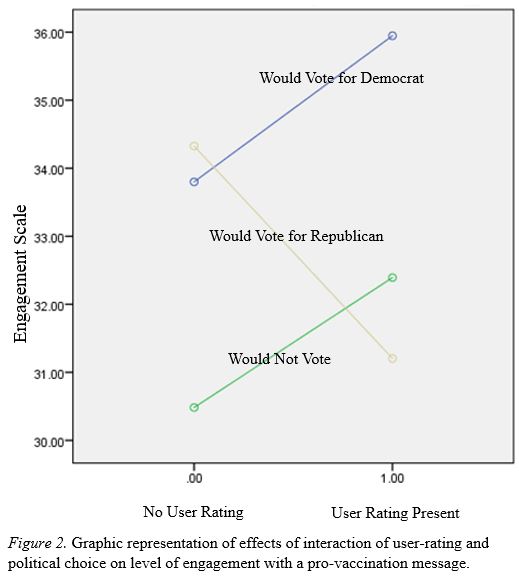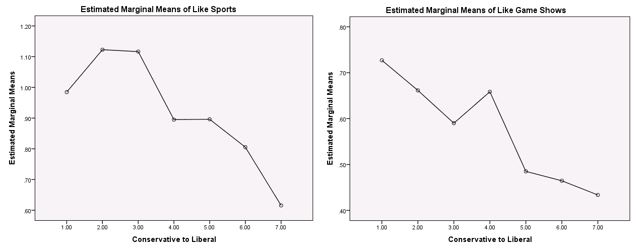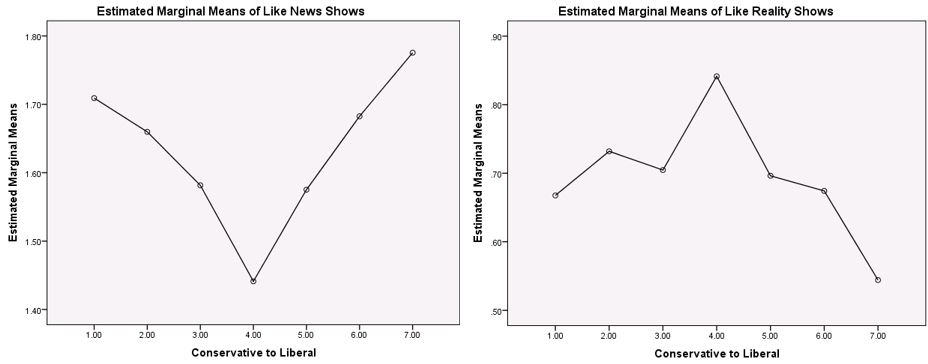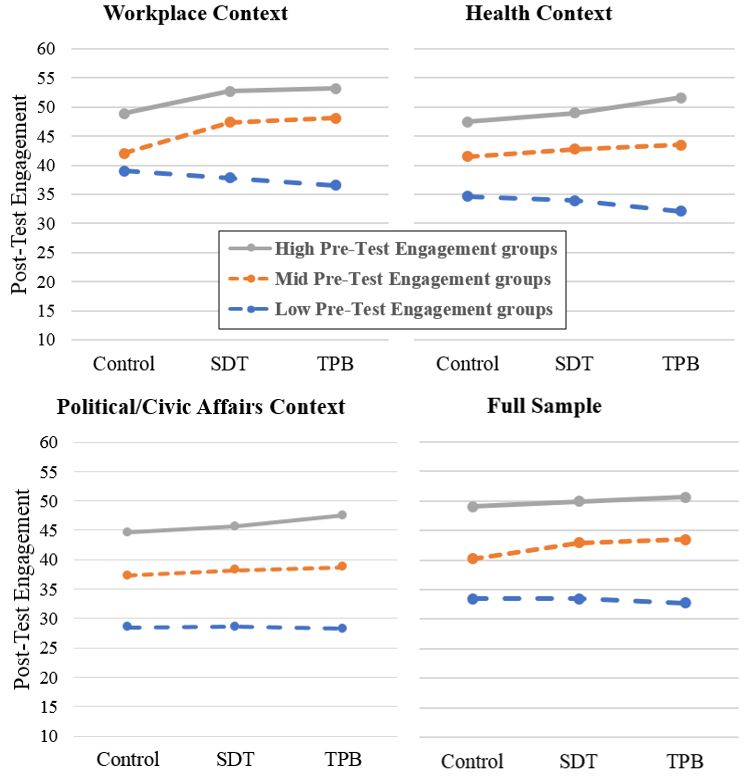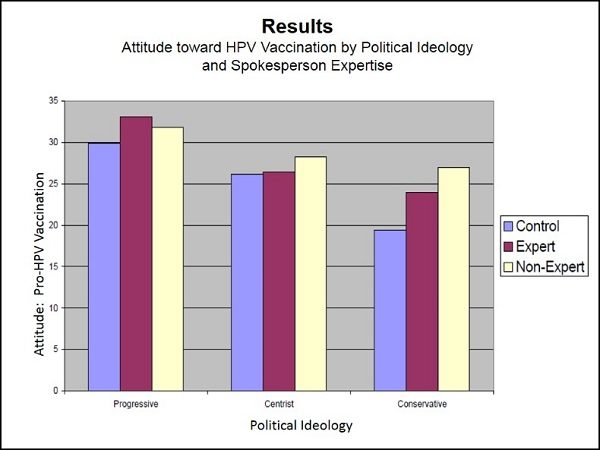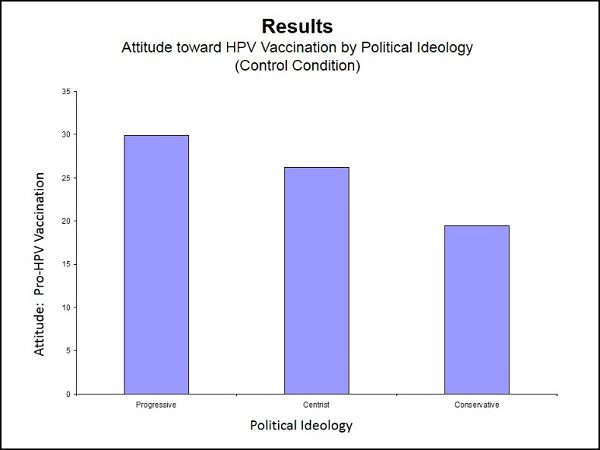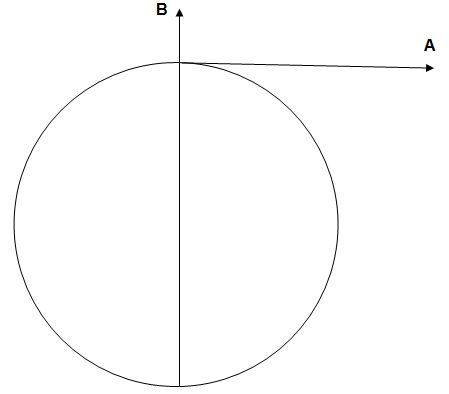General Research Focus: Persuasion & Resistance
In this era of growing polarization, impenetrable media bubbles, and echo-chamber mentalities, my overriding interest is on the problems of engaging at-risk and counter-attitudinal audiences. (But I have a strong side-interest in humor studies, particularly political humor.)
I began graduate studies in the academic discipline of Communication in 2007 after a long career as an advertising copywriter/creative director and marketing consultant. In advertising, my objectives usually involved creating campaign strategies designed to persuade people who were identified as most-likely-to-buy a particular product or service to do things they were already predisposed to doing.
Knowles and Linn, editors of Resistance and Persuasion (2004, Psychology Press) have described this practice as “preaching to the choir.” In academia, my research has centered primarily on people who are not predisposed to buy what I am selling, with a focus on persuasive strategies to promote pro-social behavior in disengaged, underserved and counter-attitudinal populations.
Methodological Focus: Survey-Based Quantitative Studies
Quantitative studies using online survey instruments and Amazon’s Mechanical Turk virtual workforce for subject-pool recruitment; quantitative studies using existing database resources (e.g., ANES, GSS, NAES, etc.)
Objectives: Pro-Social Change
My overall research objectives revolve around developing strategies to promote pro-social behavioral change.
Research Experience: Varied
My background as an advertising copywriter has given me a great deal of experience in message design and also in the use of focus groups for audience analyses and pre-testing of ads. I find focus groups useful for gathering a range of perspectives and identifying themes worthy of additional inquiry (as in grounded theory), but I have found them untrustworthy for judging advertising effectiveness.
In my experience, focus groups tend to favor ads that emphasize rational arguments when directly compared to ads that emphasize emotional appeals. In contrast, when testing those same ads against each other using a between-subjects methodology, subjects who see only one version of an ad tend to respond more favorably to emotional appeals.
My typical research projects involve experimental designs with random assignment of subjects to different message conditions and statistical analyses of the results.
My Masters thesis[1], for instance, compared effects of identical pro-vaccine advocacy messages delivered by an expert and a non-expert source. My findings suggested non-experts can be more effective than experts in promoting positive change among counter-attitudinal subjects.
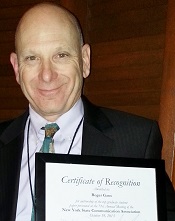
[1] A shortened version of my Masters Thesis was recognized as Best Graduate Student Paper at the 2013 New York State Communication Association annual conference.
In my Masters thesis research, political ideology seemed to play a major role in people’s reactions to pro-vaccine advocacy messages. I explored this further in an unpublished paper that identified an interaction between political orientation and presence or absence of online user ratings (i.e., Facebook “likes, Twitter “retweets”).  Participants were randomly assigned to message conditions in which they saw a pro-vaccine advocacy message either with or without the user-rating image variable shown in Figure 1.
Participants were randomly assigned to message conditions in which they saw a pro-vaccine advocacy message either with or without the user-rating image variable shown in Figure 1.
As can be seen in Figure 2, below, participants who said they would vote for an unnamed Democrat in a hypothetical election were more engaged with the message if the user rating was present than if it was not present, while participants who said they would vote for an unnamed Republican were less engaged with the message if the user rating image was present.
Exploring the notion that humor might be a way to engage with counter-attitudinal audiences, I conducted another study that used data from the 2008 NAES to examine influence of political orientation on humor appreciation and television programming preferences.
Some of the findings that were not included in the final paper suggested that sports and game-show programming might be a better way to reach Conservatives than comedies and dramas (see Figures 3 and 4, below).
Figure 3. Viewership preferences for sports shows (L) and game shows (R) by political ideology. These types of programming seem to be more favored by Conservatives than Liberals (the scales run left-to-right from Strong Conservative to Centrist to Strong Liberal).
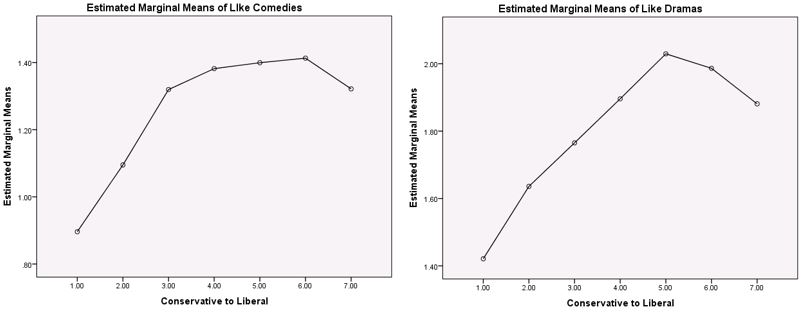 Figure 4. Viewership preferences for comedies (L) and dramas (R) by political ideology. These types of programming seem to be more favored by Liberals than Conservatives.
Figure 4. Viewership preferences for comedies (L) and dramas (R) by political ideology. These types of programming seem to be more favored by Liberals than Conservatives.
The findings also suggested that Conservatives and Liberals were more interested in news and less interested in “reality” programming than Centrists (see Figure 5).
Figure 5. Viewership preferences for news (L) and “reality” (R) shows. Centrists seem fond of “reality” but not of news, in contrast to Liberals and Conservatives — which could help explain the turnout and voting preference of uninformed voters in the most recent presidential election.
Doctoral Dissertation
My doctoral dissertation examined the effects of pro-social advocacy campaigns on problematically disengaged audiences in the domains of political and civic affairs, health and risk communication, and organizational workplace initiatives. As shown in Figure 6, the results suggest such campaigns promote increasing disparities between the engaged and the disengaged.
Figure 6. Comparison of message effects on post-test engagement among groups segregated by pre-test engagement levels. Among subjects in the low pre-test engagement groups across all three contexts, pro-engagement messages based on self-determination theory (SDT) and the theory of planned behavior (TPB) were no more effective than neutral, non-persuasive control messages. In contrast, the SDT and TPB messages produced higher post-test engagement scores than the control messages among subjects in the mid and high pre-test engagement groups across all three contexts.
Publications
Since joining the faculty of the Department of Communication at the University of Texas at Arlington, I have pursued an active research agenda, which has led to a growing list of publications (see Publications).
Future Directions: Narrative Inoculation and Multi-Media Message Delivery
The increasing fragmentation and siloing of the media environment combined with increasing polarization of at-risk and counter-attitudinal populations continue to make the study of persuasive messaging more and more interesting to me.
Some of my current projects involve testing the effects of inoculative social media video content to protect members of subculture communities from the effects of vaccination misinformation; exploring effects of different narrative advocacy strategies on levels of message engagement, reactance and compliance; and joining with a team of colleagues in conducting a meta-analysis of inoculation theory studies.
Moving forward, in addition to continuing to explore various components of persuasion in experimental settings, I am working to develop collaborations with external partners to apply my research-based findings on message design to real-world organizational and public health environments.
